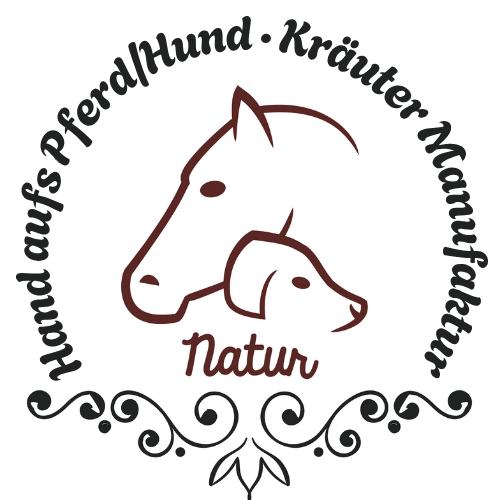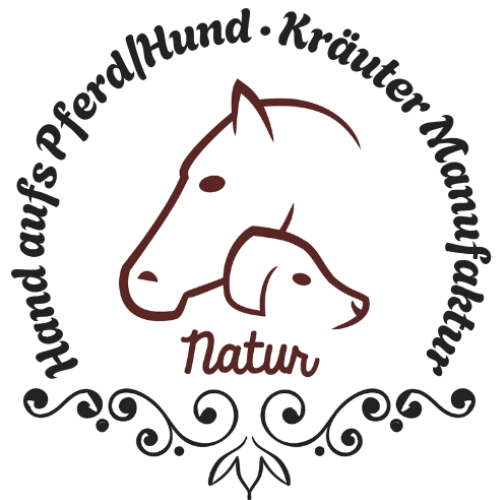So you're facing a not-so-glamorous problem: Your horse has diarrhea. Don't worry, it happens to the best horses – and the most relaxed owners. But what can you do, what can you feed to help your four-legged friend? I have a few tips for you that can calm your stomach (and your nerves) for you and your horse.
Why does my horse have diarrhea?
First, take a deep breath. Diarrhea can have many causes: stress (yes, horses have worries too), feed changes, poor-quality hay or silage, parasites, a disease or simply a sensitive Digestion. Before you take action, assess the overall situation. Does your horse have a fever? Does it seem weak? Then: Off to the vet!
Possible causes of diarrhea in horses
A sensitive digestive tract often reacts sensitively to external stimuli and internal changes. Possible triggers for diarrhea can include:
-
Feed change : Sudden changes in the feeding plan, such as changing from hay to grass or introducing new concentrate ingredients.
-
Feed quality : Spoiled, contaminated or moldy feed can disrupt the balance of the intestinal flora.
-
Stress and management factors : Transport, new stable mates, competitions or changes in housing have a negative impact on the digestive system.
-
Parasite infestation : A severe infestation with endoparasites (e.g. strongyles) can permanently irritate the intestine.
-
Infections and environmental irritants : bacteria, fungi or viruses from the environment as well as contaminated water or unsuitable bedding.
-
Diseases and medications : Chronic diseases such as Cushing's disease or equine metabolic syndrome as well as the administration of antibiotics can impair digestion.
Feeding during diarrhea – What your horse needs now
Choosing the right food is crucial in cases of diarrhea to relieve the intestinal burden and stabilize digestive processes.
High-quality hay
Good, structurally rich meadow hay is the foundation of any digestive diet. It should be free of dust, mold, and foreign matter.
Easily digestible rations
During the acute phase, avoid high-energy concentrates, grains, or high-sugar ingredients. Mash with flaxseed or psyllium husks has proven particularly effective as natural mucilage to support the intestinal mucosa.
Electrolytes & Fluid
Diarrhea leads to increased fluid and mineral loss. Provide clean, fresh water at all times. Electrolytes in the feed or water can help promote balance—ideally in consultation with a professional.
Natural accompaniment – herbs for feeding support
Herbs have long been traditionally used to supplement a balanced diet. Special herbal blends, such as our "KOKO – Intestinal Herbs for Horses," contain proven ingredients that can support the digestive tract:
-
Chamomile – traditionally valued for its calming properties.
-
Peppermint – known for its aromatic contribution to gastrointestinal balance.
-
Yarrow – a classic ingredient in horse nutrition related to digestion.
-
Hops – when fed in times of stress, can have a positive effect on general well-being.
This mixture can be used as a supplement to the daily ration – especially for horses with sensitive intestines or after periods of intensive exercise.
Water, water, water, stabilize water balance
A horse with diarrhea loses a lot of fluid. Adequate drinking water intake is essential. If your horse is reluctant to drink, you can flavor the water with a small splash of apple juice. Electrolyte mixtures can also be helpful – please use appropriate dosages.
Avoid stress – promote inner peace
Since stress is one of the most common triggers of digestive problems, rest, routine, and a stable environment should be a top priority. A combination of targeted feeding, high-quality roughage, herbal supplements, and species-appropriate housing often provides a sustainable path to improved intestinal well-being.
Holistic support for diarrhea
While diarrhea in horses is unpleasant, it can often be managed well with a targeted feeding strategy, high-quality supplements, and attentive management. Our intestinal herbal blend "KOKO" naturally supplements the feeding plan—specially tailored to the needs of sensitive horses.
Source: Martina Hemm July 2025




